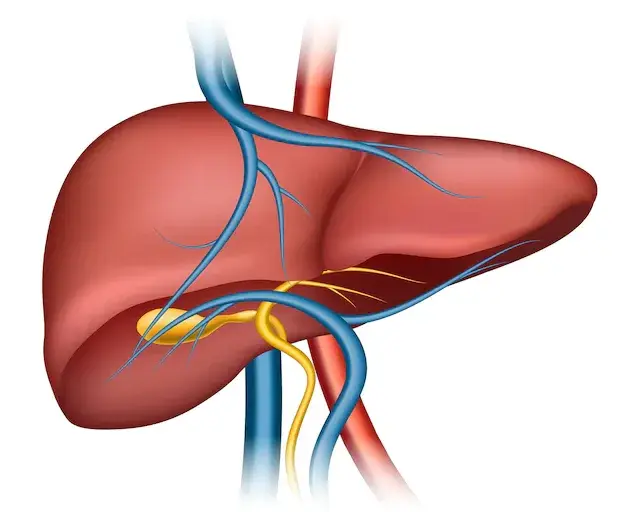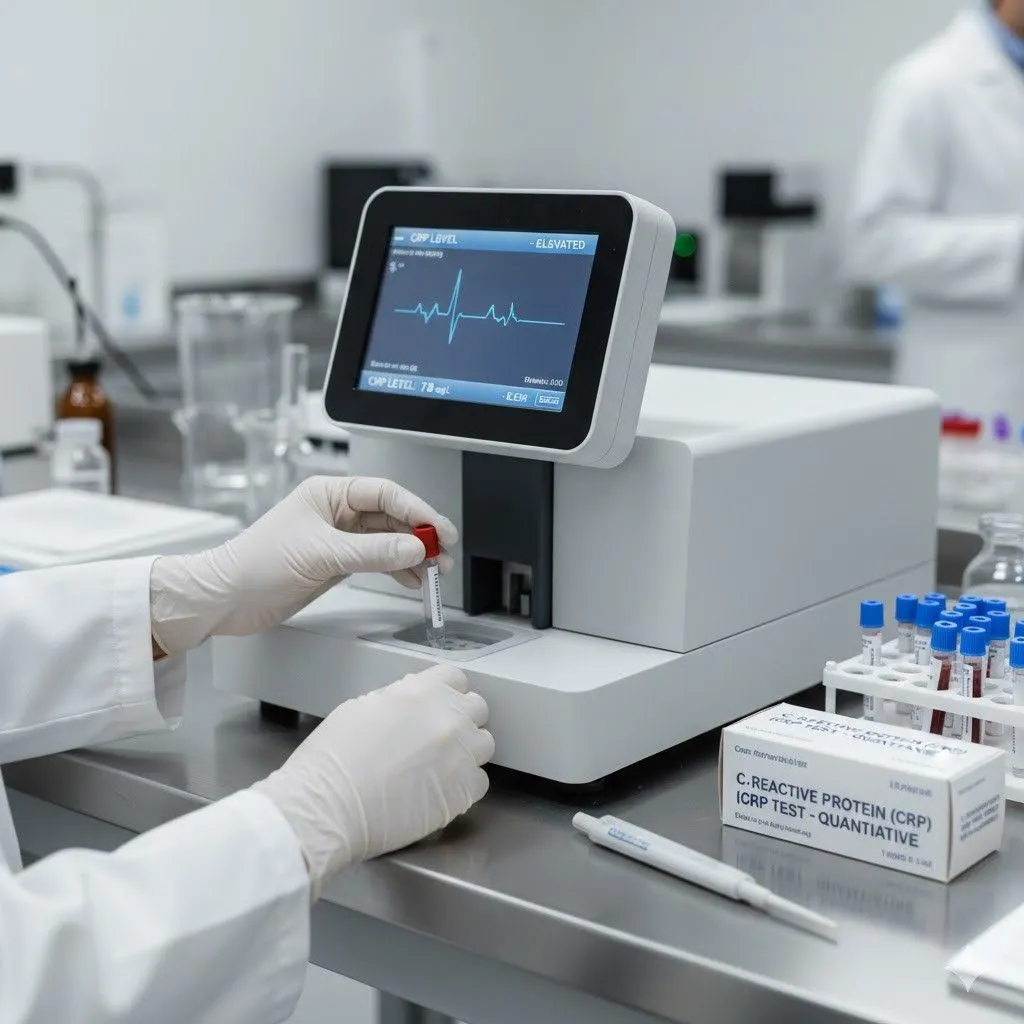Alcoholic Liver Disease - Liver is the largest organ of the human body and encompasses a wide array of tasks which include detoxification, energy production, storage, etc. The food which you eat, after digestion passes through liver via portal system (a group of vessels which transports blood containing digested food from intestine to liver). Consider this- Liver acts a guard checking what goes in the body. If we have digested any sort of thing which can be a potential toxin to the body, liver detoxifies it. Considering alcohol also is a potential toxin to the body, it is liver's job to neutralise it. This however comes at a price. In the process of detoxification liver itself suffers due to the by-products of alcohol digestion which may cause scarring and may eventually lead to 'Alcoholic Liver Disease'.
Alcoholic Liver Disease

Alcoholic Liver Disease includes three sets of disease which are progressive. These are - Fatty Liver, Alcoholic Hepatitis and Alcoholic Cirrhosis. Alcoholic liver disease occurs after years of heavy drinking. Alcohol can cause inflammation in the liver. Over time, scarring and cirrhosis can occur. Cirrhosis is the final phase of alcoholic liver disease. Alcoholic liver disease does not occur in all heavy drinkers. The chances of getting liver disease go up the longer you have been drinking and more alcohol you consume. You do not have to get drunk for the disease to happen. The disease seems to be more common in some families. Women may be more likely to have this problem than men. Also Read: 5 Causes of Digestion Problems
Signs and Symptoms
Signs and symptoms of the disease vary vastly depending upon the severity of the disease. It may very well be asymptomatic if disease is mild and may even present with non-specific symptoms like skin involvement which do not suggest a direct liver disease.
Digestive Symptoms Include:
- Pain and swelling in the abdomen
- Decreased appetite and weight loss
- Nausea and vomiting
- Fatigue
- Dry mouth and increased thirst
- Bleeding from enlarged veins in the walls of the lower part of the esophagus (tube that connects your throat to your stomach)
Skin Problems Such as:
- Yellow color in the skin, mucus membranes, or eyes (jaundice)
- Small, red spider-like veins on the skin
- Very dark or pale skin
- Redness on the feet or hands
- Itching
Brain and Nervous System Symptoms Include:
- Problems with thinking, memory, and mood.
- Fainting and lightheadedness.
- Numbness in the legs and feet.
Factors Predisposing to Alcoholic Liver Disease
A wide range of risk factors predispose to this condition. This includes quantity of the alcohol ingested, gender or the person, associated infections (if any), dietary habits etc. Alcohol consumption of 75-100 ml per day for 20 years for men and 25 ml/day for women can increase the overall risk for the disease by 47%. So women are more predisposed to alcoholic liver disease than men. Associated infections like Hepatitis Virus infection increase the severity of the disease. Unhealthy diet and vitamin deficiency can also worsen the liver damage which is induced by alcohol. Various genetic factors may also play a role.
Tests required for Diagnosis
Usually the history of the patient is important in laying the foundation of the management. Clinical assessment plays a crucial role before going into tests and diagnostic procedure for the patient. A complete blood sample assessment is required with count and enzyme assays for liver function test. Liver biopsy is required to establish the definitive diagnosis of the disease. Other tests which help in establishing the diagnosis are CT scan and abdominal Ultrasound.
Treatment
The most important modality in the treatment of alcoholic liver disease is the abstinence from alcohol. Many times patients require assistance from peers in doing so. Support groups like 'Alcoholic Anonymous' have been effective. Hospitalization is considered is other complications like brain involvement (encephalopathy), abdominal distension (ascites), severe jaundice, etc. are present. Nutritional support play a very crucial role. As already discussed that vitamin deficiency may increase the severity of the disease. Patients often present with some degree of malnutrition. Oral supplementation of the vitamins along with proper diet is required. Other medical therapy which has generated interest is Steroid Therapy. Steroids suppress the Immune System of the body. The whole rationale behind using this therapy is that the main damage done to the liver cells during the detoxification of alcohol is produced by body's own immune system. Steroid therapy inhibits the activation of immune system in the body which decreases the overall injury to liver. But in the end, "Prevention is always better than the cure". Last resort treatment includes Liver Transplantation. But that has some serious issues associated with it.
When to contact the hospital?
You should call your liver transplant hospital if you develop any of the listed signs and symptoms mentioned above or you develop symptoms after a long period of drinking. You should also consider a consultation if you have an insight that your drinking problem is getting out of hand.

Reviewed by







